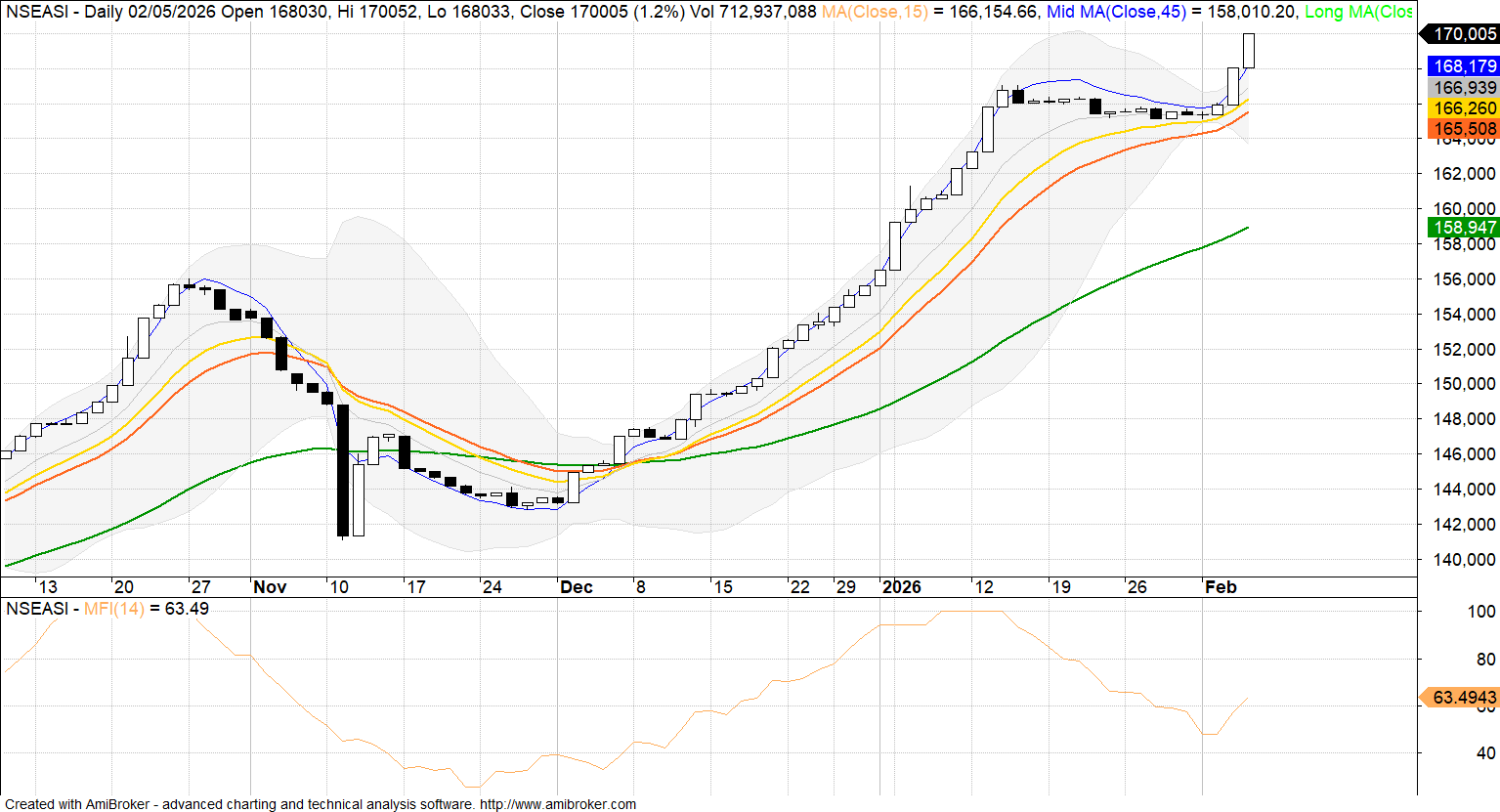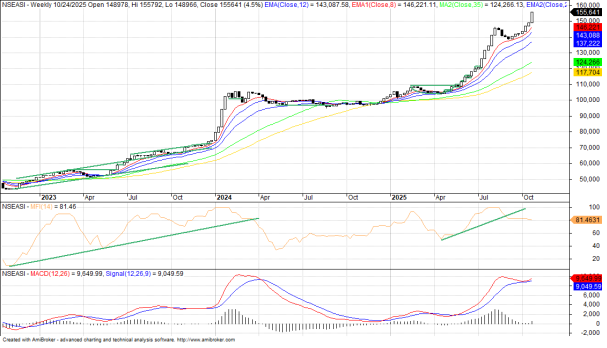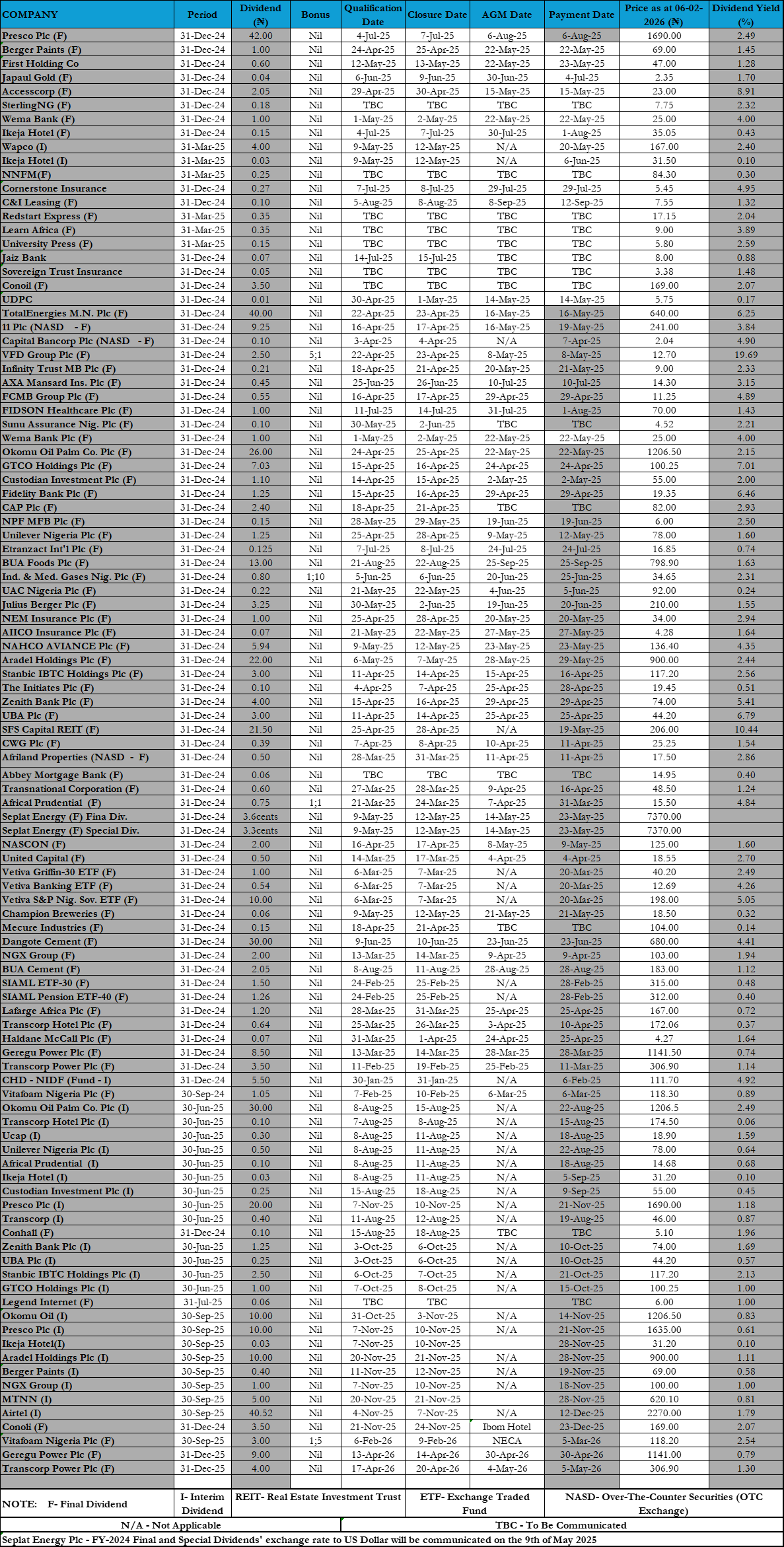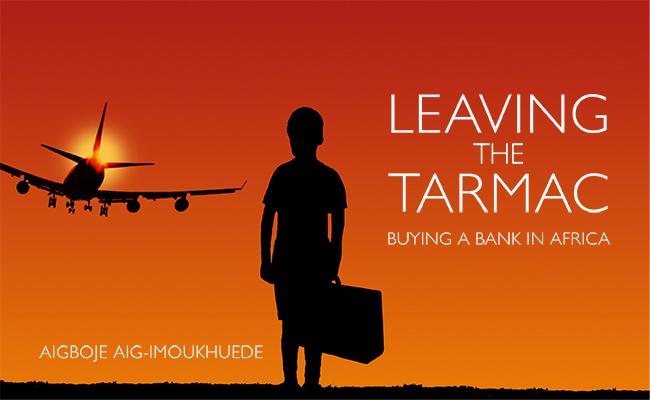
Book Title: Leaving the Tarmac: Buying a Bank In Africa
PAGES: 208
AUTHOR: Aigboje Aig-Imoukhuede
Reviewer: Atedo N A Peterside
Virtually all 195 pages were brimming with very useful tips and hints which I whole-heartily endorse based on my own entrepreneurial experience of 18 years as a pioneer bank CEO and 14 years as a bank non-executive director. All in all an excellent and highly motivating story
Leaving the Tarmac is not really a story about buying a bank in Africa. It is about much more than that. You can buy a business and retain it largely in its original form or you can buy a business because you have an audacious transformation agenda which should make the business largely unrecognisable from its original form in record time.
Perhaps it was modesty that stopped Aigboje Aig-Imoukhuede from opting for the latter or he wanted you to read the book before coming to that conclusion or realisation on your own. Without a doubt, the case of his tenure at Access Bank was a story of seeking to achieve an audacious transformation in record time.
Aigboje tells the sad and touching story of a childhood experience when he was left behind on the runway because a Nigeria Airways flight was overbooked and he did not understand that simply holding a ticket was no guarantee that he would not be left behind when eventually the flight took off
A young boy’s determination not to ever get left behind again is something I can definitely relate to. Indeed, Aigboje mentions my name in a few chapters of his book, but all within the context of Investment Banking & Trust Company (IBTC) which I founded in 1989 as a pure play Investment Bank and which metamorphosed into Stanbic IBTC Bank in 2007. I was the Pioneer CEO of IBTC through that 18-year period and so it was my primary responsibility to study the competition, in case there were some significant learning points to pick up. I took notice of Access Bank as soon as Aigboje and Herbert Wigwe became Managing Director and Deputy Managing Director respectively and so I can authenticate and/or corroborate many of the claims that are made in this book on the enormity of the challenge that they undertook.
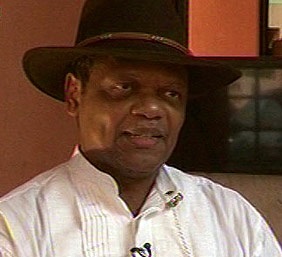
Many people just cannot visualise what it takes to build a proper business from scratch and leave it with a solid and enduring foundation that can withstand succession. I could never make up my mind on which was more difficult in the Nigerian environment; building a business from scratch or acquiring an existing business and seeking to transform it quickly. There is something daunting and humbling about starting a business from scratch with a market share of zero percent on the first day. Aigboje’s Leaving the Tarmac may leave many readers with the distinct impression that taking over an existing business and seeking to transform it quickly may well throw up even more challenges than starting a brand new business because there could be vested interests already within an existing business that you may well have to contend with. He tells a compelling story on this that even points to outright acts of sabotage by disgruntled staff after a particular acquisition.
Leaving the Tarmac is an excellent compendium of some of the major challenges which investors with audacious goals must learn to overcome and some of the lessons enumerated via simple real life stories and situations can significantly shorten the learning curve for others trying to contemplate starting a new business or taking over and transforming an existing business that is not doing very well.
The best compliment I can pay to Access Bank during Aigboje’s tenure is to point out that we both shared similar work ethics, enthusiasm and drive and ran organisations that sought to enthrone a meritocracy. The business models might have been totally different, but the core values were similar. Indeed, I wondered why Aigboje did not reveal in the book that the unnamed Investment Bank with which they (Access Bank) explored pursuing a merger of equals with was IBTC. My recollection was that we both gave up on that merger idea at about the same time because, in reality, both institutions had a well defined path for survival and success by taking on junior partners at the time and indeed, we both ended up doing exactly that in 2005.
Storytelling of this type is important because it reveals many little titbits that may be significant but which are often subsumed by the big headlines. An example is Aigboje mentioning that he personally conducted every final interview by himself as CEO before hiring anyone for Access Bank. I did the exact same thing at IBTC for over 15 years. There were so many other parallels that are too many to mention, including appearing to be completely paranoid about protecting the business and it’s growing market share. By admission, Aigboje was clearly a disciple of Andrew Grove’s book Only the Paranoid Survive, but my guess is that he was already paranoid (like me) before he came across that book. Methinks Andrew Grove simply reinforced an already existing predisposition towards paranoia.
It is nigh impossible for me to read an entire book based on real life experiences around an audacious project without learning something new or finding a few things that I would have done very differently. It was the latter in particular that motivated me to agree to review this book when Aigboje made it very clear that he would love to have me review LEAVING THE TARMAC. Surprisingly, I had only one major point of disagreement and it had to do with the succession upheaval that took place within the Executive Cadre at the top of Access Bank when Aigboje resigned and was replaced by Herbert Wigwe as CEO. Aigboje tried to justify changing all the Executive Directors at the exact same time. That was a dangerous game that could have destroyed the psyche of many top managers who thought they could build their entire career around the Access Bank story. At IBTC and/or Stanbic IBTC I would have fought that decision all the way into the Boardroom.
I often use analogies from soccer in management discussions with Nigerians because most Nigerians understand soccer and it is one of the only areas where there is a consensus that only our best eleven should represent us at the World Cup finals. Unfortunately, we then think that merit is unimportant in almost every other important endeavour. Access Bank’s approach to the management of its own transformation agenda under Aigboje ticked all the boxes and it was indeed fortuitous that he made reference to Sir Alex Ferguson’s very successful management style at Manchester United Football Club. If the Captain of that team was retiring or if the manager himself was retiring, nobody would immediately chuck out all the most senior and experienced players in the squad in order to pave way for a new Manager or a new Captain unless they were proven to be unworthy or disruptive. Clearly, there might have been other considerations such as supreme confidence in the quality of the incoming Executive Directors and the ability of the Board to give a positive spin to the sweeping changes that took place.
If it was so difficult for me to find something not to copy and/or emulate from Leaving the Tarmac and the Aigboje/Access Bank story, then it was because virtually all 195 pages were brimming with very useful tips and hints which I whole-heartily endorse based on my own entrepreneurial experience of 18 years as a pioneer bank CEO and 14 years as a bank non-executive director. Story-telling of this type should be encouraged because most entrepreneurs and would-be entrepreneurs will find that Leaving the Tarmac will give them the much desired psychological preparation. Of course, it may also open the eyes of some would-be entrepreneurs to the fact that they are not really cut out for all this. That too could be a blessing in disguise. Just because Aigboje and Herbert could hack it in a convincing manner does not mean that everybody else can. Indeed, many just cannot find the required discipline or just do not possess the energy level to attempt a similar undertaking.
All in all, an excellent and highly motivating story.
- Peterside, friend of Africa, is an entrepreneur, investment banker, and economist. Founder of Stanbic IBTC Bank Plc, Anap Business Jets Limited, and the Atedo NA Peterside Foundation (Anap Foundation).




